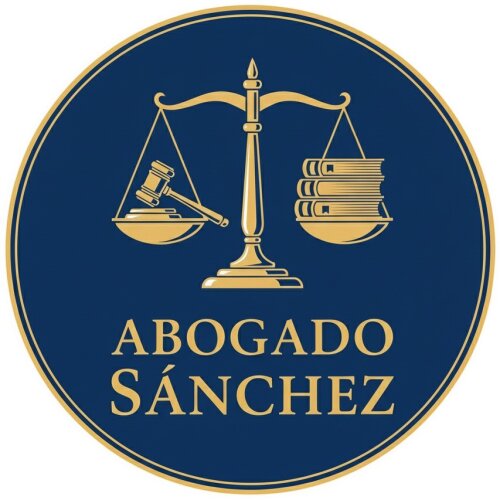Best Criminal Defense Lawyers in Managua
Share your needs with us, get contacted by law firms.
Free. Takes 2 min.
List of the best lawyers in Managua, Nicaragua
About Criminal Defense Law in Managua, Nicaragua
In Nicaragua, including its capital city, Managua, the criminal defense law comprises of the legal protections given to individuals who have been accused of committing a crime. Under the Nicaraguan law, every person is seen as innocent until proven guilty and is entitled to a fair and public trial. Criminal defense law in Managua takes into account several crimes such as robbery, drug offenses, fraud, and sexual crimes amongst others.
Why You May Need a Lawyer
A lawyer is vital when you're facing criminal charges or accusal in Managua. Criminal charges can lead to hefty fines, imprisonment, or both and can significantly affect your future and freedom. You may need a lawyer to guide you on the allegations against you, the availability of plea bargains, what steps to follow if you have been fined, and the rights and protections you're entitled to under the law.
Local Laws Overview
Nicaraguan Criminal Code, applicable in Managua, defines the punishable offense and their corresponding penalties. The onus is on the state to prove "beyond a reasonable doubt" the guilt of the accused. It's important to note that in Nicaragua, certain rights of the accused such as right to remain silent, right to confront one's accusers, right to speedy and public trial are constitutionally protected. Additionally, if a minor is accused of a crime, a different set of laws and protections are applied.
Frequently Asked Questions
What does a criminal defense lawyer do?
A criminal defense lawyer represents the accused during police investigations, trial and potential sentencing. They can analyze the strengths and weaknesses of the case, negotiate with the prosecution on plea bargains, strategize the best defense to raise, and argue on behalf of the accused during the court proceedings.
How do I choose a good criminal defense lawyer?
Look for a lawyer with a good track record in dealing with cases similar to yours, experience practicing in Managua, a good reputation, and a person you feel comfortable communicating with.
Will I always go to court if I am accused of a crime?
Not necessarily. If the prosecution and your lawyer can reach a plea agreement, you might not have to attend a trial.
What are the possible defenses to a crime?
There are several defenses available, which can differ based on the specifics of your case. They may include proving your innocence, lack of evidence, self-defense, or infringing of your rights during the investigation or trial.
Can a sentence be decreased?
Yes, in certain situations, a sentence can be reduced. This usually depends on factors such as cooperation with authorities, the seriousness of the crime, and past criminal records. Your lawyer can advise you accordingly on the possibilities.
Additional Resources
To understand your rights and the laws better, several resources can assist you. You can visit the Nicaraguan Public Defender's Office which provides free legal assistance to those who can't afford a lawyer. Additionally, you may look for legal opinions and case laws at the Nicaragua Supreme Court's website. Organizations such as Nicaraguan Human Rights Center (CENIDH) can provide useful information.
Next Steps
If you need legal assistance, it is recommendable to schedule an initial consultation with a lawyer. Prepare for this meeting by summarizing your case, drafting questions you want to ask, and gathering all documents that could be relevant to your case. This will help your lawyer to better understand your case and provide the most accurate advice.
Lawzana helps you find the best lawyers and law firms in Managua through a curated and pre-screened list of qualified legal professionals. Our platform offers rankings and detailed profiles of attorneys and law firms, allowing you to compare based on practice areas, including Criminal Defense, experience, and client feedback.
Each profile includes a description of the firm's areas of practice, client reviews, team members and partners, year of establishment, spoken languages, office locations, contact information, social media presence, and any published articles or resources. Most firms on our platform speak English and are experienced in both local and international legal matters.
Get a quote from top-rated law firms in Managua, Nicaragua — quickly, securely, and without unnecessary hassle.
Disclaimer:
The information provided on this page is for general informational purposes only and does not constitute legal advice. While we strive to ensure the accuracy and relevance of the content, legal information may change over time, and interpretations of the law can vary. You should always consult with a qualified legal professional for advice specific to your situation.
We disclaim all liability for actions taken or not taken based on the content of this page. If you believe any information is incorrect or outdated, please contact us, and we will review and update it where appropriate.
Browse criminal defense law firms by service in Managua, Nicaragua
Managua, Nicaragua Attorneys in related practice areas.









